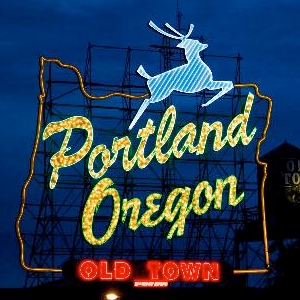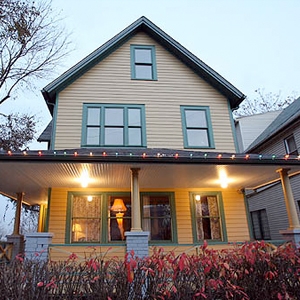What about short sale and your credit?
Short sales are defined as property that sells for less than the debt secured by the property. The caveat is that the lender or mortgage holder, lien holder, whatever you call them, has to agree that they will take less than they are owed. This is not really new news. But here is what I am seeing in the market that may influence your understanding of the short sale phenomena. Let’s say you are a property owner of a property that you purchased at the height of the market frenzy. Now your property is worth, on the local market, 75% of what you paid for it. And now, let’s say that when you bought the property, you expected to make a good profit on your investment because you were seeing appreciation leaps in the 10% per year range give or take a few thousand dollars. So you decide to sell it right now. After all, it is not worth the money you paid for it. You decide that you want to short sale this property. You are not unemployed; in fact, your financial situation has not really changed much in the last 3 years except that your investment property ( which may be your home) is not worth what you paid for it.
But wait! You also don’t want to damage your credit score. This is a conundrum. You want to list the property for its market value (75% of what you paid) but you will still make the mortgage payments until it sells. Here is the news: the lender is not willing or encouraged to give up their security interest in your property for less than its value to save you a ding on your credit score. You have to stop paying your mortgage….and yes, that will put your mortgage into default so it will make a black mark on your credit. But wait! There’s more: The bank did not invest in your property with you. Search your paperwork carefully for the words “this loan is made to you as long as your property appreciates in value, and when or if it depreciates in value, we will discount your loan”. If you find it, call the newspaper….because that is BIG news!
The lender made you the loan. You spent the loan on property. The property secured the loan. The loan is not otherwise tied to the property. Your signature, and your promise on that pesky piece of paper called Note in which you promise to repay the loan is the important part. Don’t get me wrong; I am not in any way supporting the banks and their business practices. But I am pretty surprised when people talk to me about giving up their property towards short sale or foreclosure or deeds in lieu or any other means. Do you really think that the bank should take the full financial hit for this investment fiasco? OK….then, if the market had increased by 10 to 20%, would you be willing to share your profit with the bank? So you make $25,000 on the sale of your home; are you willing to give the bank a bonus of $2500 because they loaned you the money to buy it and therefore invested in it with you? You can see how confusing this is. But, now what? More to come on where do you go from here.








